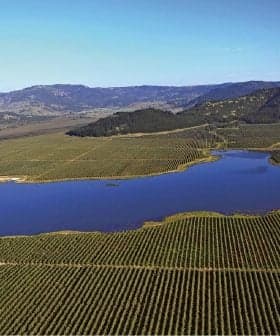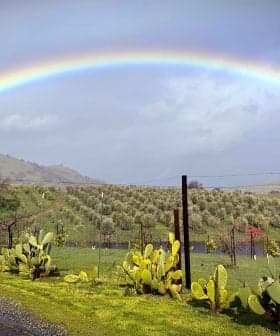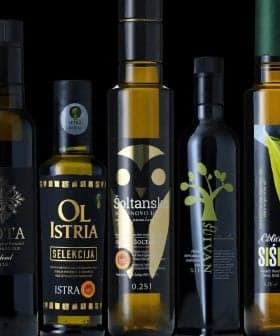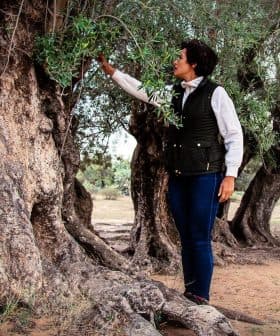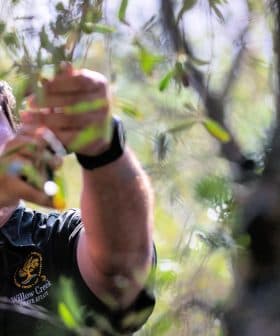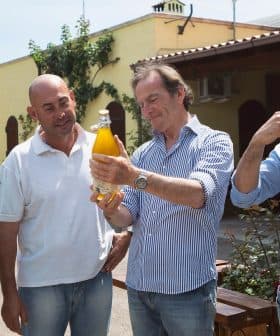Winning Producers at World Competition Give Moroccan Extra Virgin Olive Oil the 'Place It Deserves'
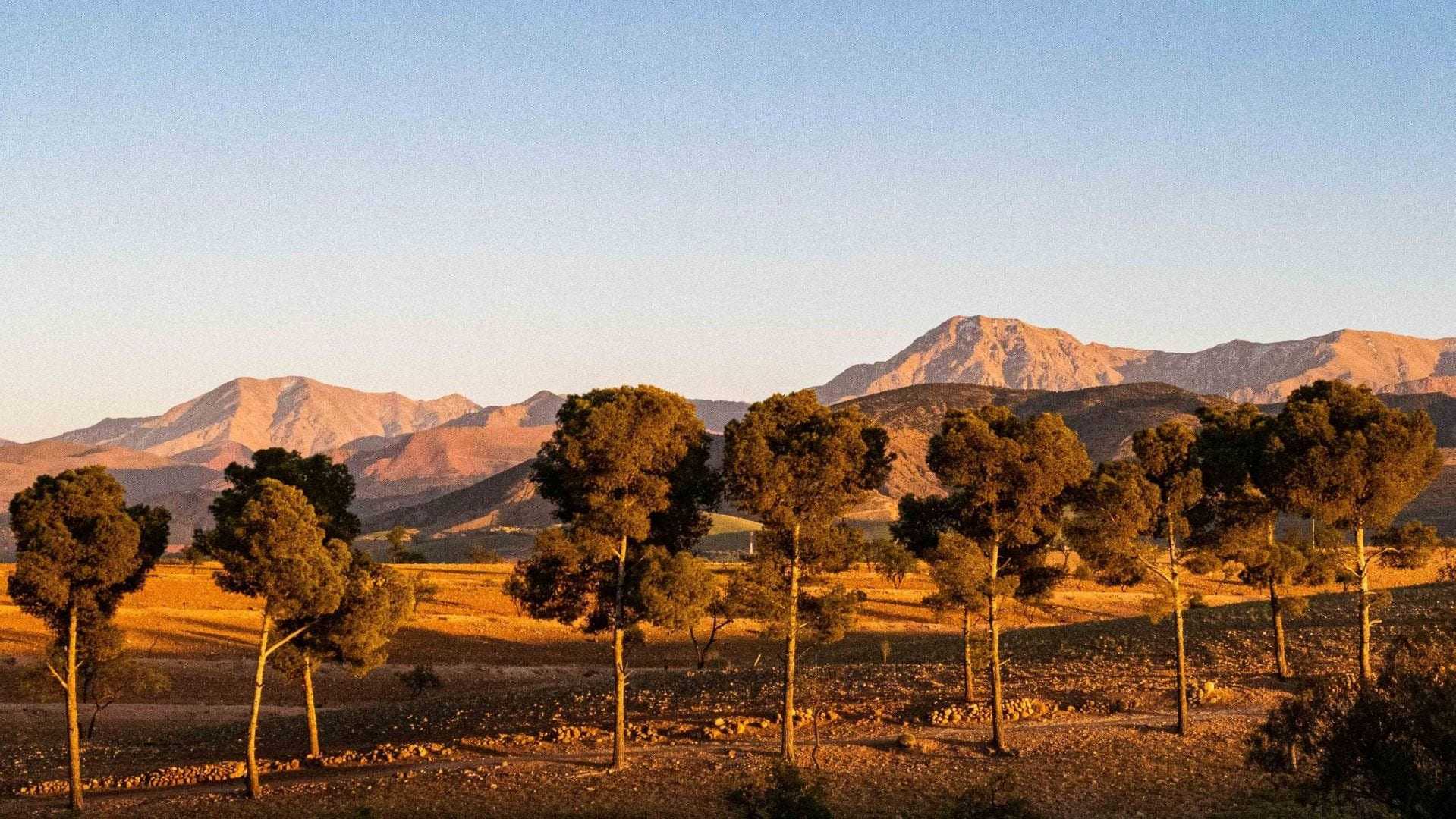
Moroccan olive oil producers achieved their best performance at the NYIOOC World Olive Oil Competition with three awards, signaling a shift towards high-quality production. The success of Moroccan olive oils at the competition reflects the country’s dedication to producing top-tier products and gaining recognition in the international market.
With three awards at this year’s NYIOOC World Olive Oil Competition, Moroccan producers enjoyed their best performance to date at the world’s most prestigious olive oil quality contest.
Producers from the North African country earned one award in 2019 and none in 2018. This year’s results have confirmed the country’s bet on producing high-quality olive oils is beginning to pay off.
I think this is just the beginning of a little revolution in olive oil.
“We were very proud and happy. This indicates that we are going in the right direction,” said Omar Tagnaouti, the exports and development manager at Olea, a farming group with thousands of acres of fields in the North African country.
Its Zouitina brand won a Gold Award at the 2020 NYIOOC and a Silver in 2019.
See Also:Special Coverage: 2020 NYIOOC“We offer quality extra virgin olive oil and enough volume to be competitive in the international market, but we never neglect artisan production,” he told Olive Oil Times. “[The NYIOOC] helps us to market our brand, Zouitina.”
Les Huiles Precieuses is a small producer whose Huile Bleue earned a Silver Award at the NYIOOC for its Picholine monovarietal from the Atlas Mountains, not far from Marrakech.
“We are really happy and a bit surprised,” Djamel Belhaouci, the company’s manager, told Olive Oil Times. “We are a young company and this is a really good thing for marketing.”
Belhaouci gives all the credit of the quality of his oil to Franck Salvatori, his partner and an olive oil expert who embarked on this project three years ago.
“He is very experienced. He came to Morocco and found that this region is perfect to produce olive oil,” he said. “Our project started like that. Another friend, Jacques-Antoine Preziosi, who is a lawyer in Marrakech, also joined in. Now we are in the second year and we are very excited and surprised by this success.”
“For us, it is very important to interact and compete with the best oils in the world,” Belhaouci added. “We can do that only once in a while and it is possible at the NYIOOC. We believe that’s the place where you must be.”
Eythrib Abderrahman is the manager of Harrando and Co, another small producer in the region of Frouga, also close to the city of Marrakech. His Picholine Languedoc monovarietal won a Silver Award at the NYIOOC.
“We are beginners and an award in such a prestigious competition gives us support and confidence to keep going,” Abderrahman told Olive Oil Times. “In 2019, we sent our oil to the Salon de Paris competition and we did not get any award. After that, we rethought the way we were doing certain things and tried to improve them.”
“We looked for a quality mill and reduced the time from harvesting to pressing the olives. This award tells us we did it right,” he added.
Harrando and Co planted its first olive trees in 2012 in a 15-hectare (37-acre) estate, focusing on just one variety: Picholine Languedoc.
“I didn’t study agronomy, but I had the personal will to change my life and to be in touch with the countryside,” Abderrahman said. “I met Rachid Harrando and we decided to start this project. We began little by little with a lot of will and personal passion.”
“Each olive oil has its own features,” he added. “It depends on the terroir and the origin in which it’s produced. Morocco has to get out so that it is better known and appreciated. Step by step, we want to walk that path.”
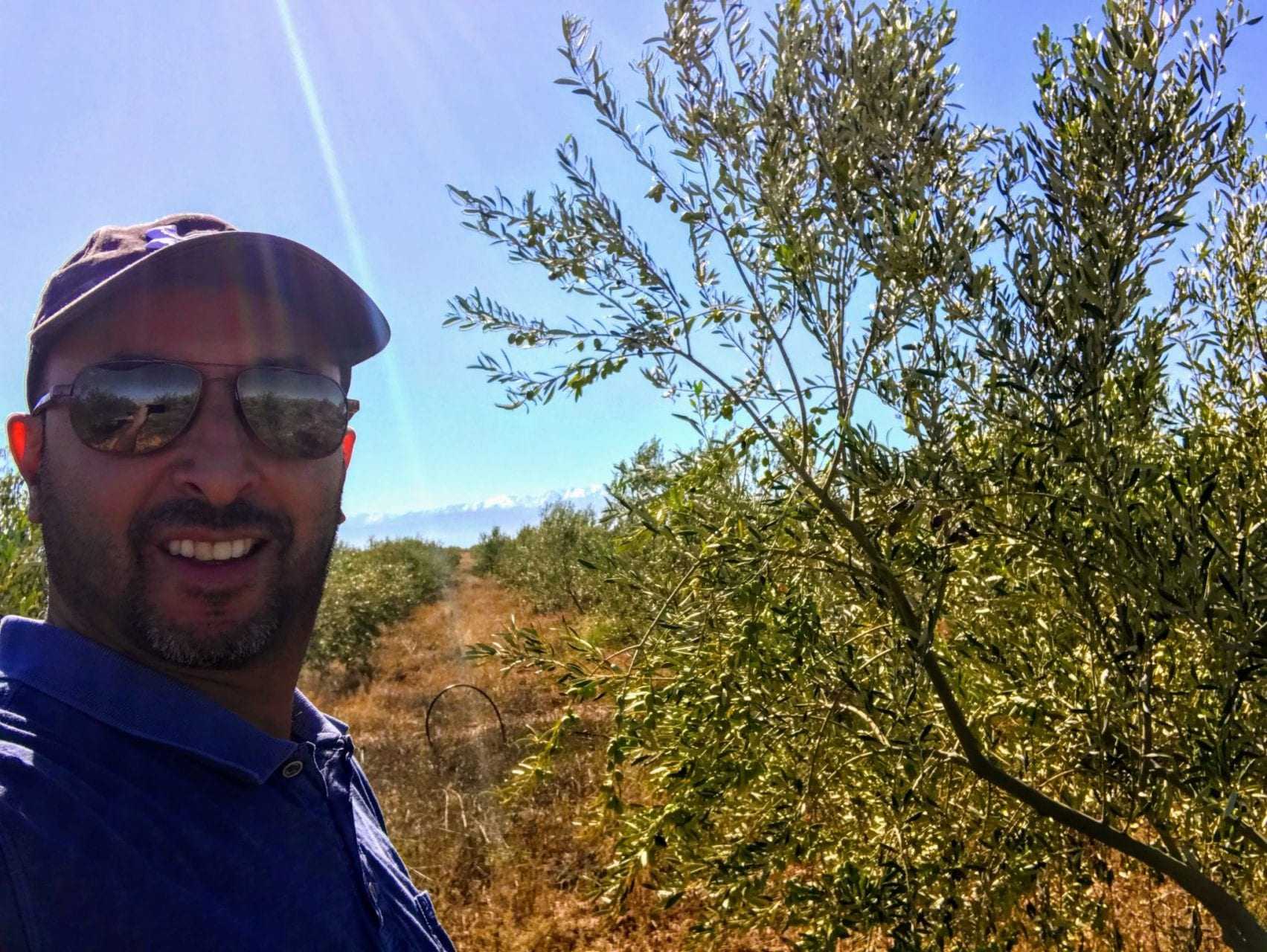
In 2019, Morocco produced 145,000 tons of olive oil, up from 36,000 tons in 1991, according to the International Olive Council. The country ranks now as the sixth-largest oil producer in the world.
And this steady growth in terms of quantity has been followed by an improvement in the quality of Moroccan oil, according to the producers contacted by Olive Oil Times.
“Certain producers and investors, mostly from out of the traditional farmers’ world, were conscious of the need to improve quality in order to be competitive and put Moroccan oil in the place it deserves,” Abderrahman said. “You need to do something specific to achieve that.”
Being a Mediterranean country, olive oil has been a staple food in Morocco for centuries. Now, this traditional sector is going through a quiet revolution.
“Morocco has had quality olive oil for a long time,” Belhaouci said. “The problem is that traditional people, if we may put it that way, have an opinion about what is high-quality oil which is different from that of the experts. I guess that is one of the main reasons why it took so long for Moroccan oil to be internationally recognized.”
“I think this is just the beginning of a little revolution in olive oil,” he added. “Not only in Morocco but also in places such as Slovenia and Uruguay. In 20 years’ time, we will be able to find very good olive oil in many countries in the world and Morocco will be part of that change.”


